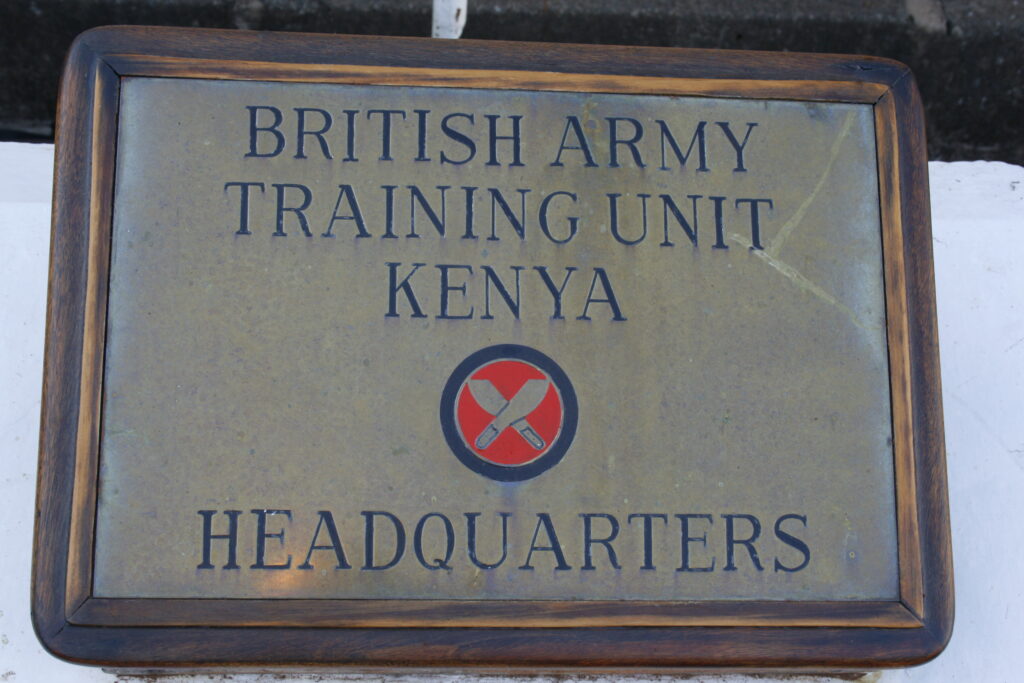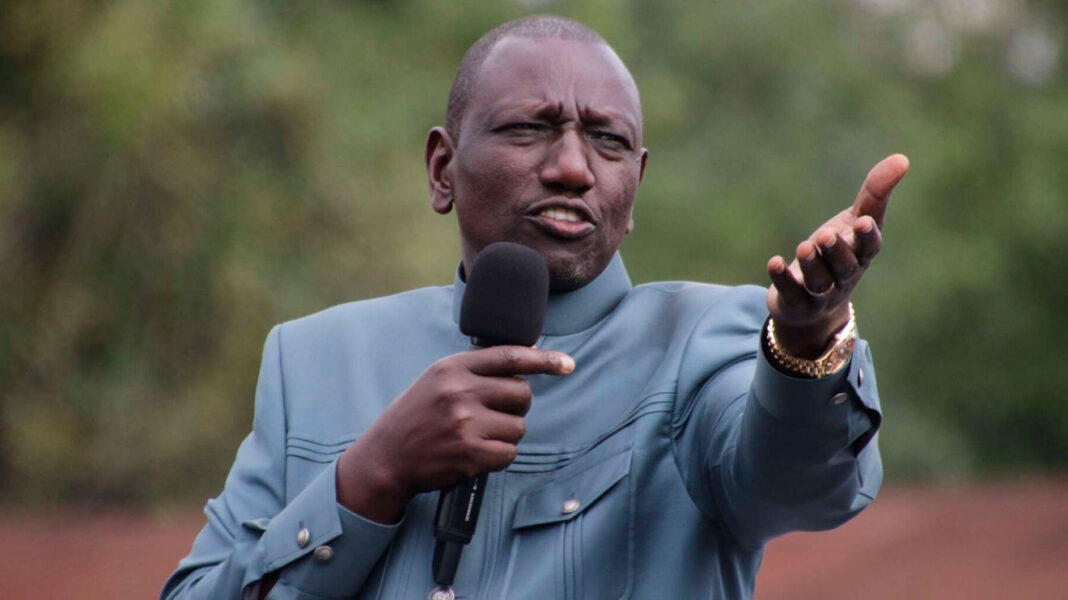Eight out of ten Kenyan workers are trapped in jobs with little to no legal protection, a new U.S. report warns. The 2024 Country Reports on Human Rights Practices, released by the U.S.
Department of State, accuses President William Ruto’s government of failing to enforce basic labour laws. From wage theft to unsafe workplaces, violations go largely unpunished, especially in the vast informal sector where most Kenyans earn their living.
With weak inspections, delayed prosecutions, and toothless penalties, millions remain exposed to exploitation and dangerous working conditions.

US Report Flags Ruto’s Weak Labour Law Enforcement Leaving Majority of Workers Unprotected
Eight out of ten Kenyan workers remain unprotected under President William Ruto’s administration, according to a damning report from the United States.
The findings, published in the 2024 Country Reports on Human Rights Practices by the U.S. Department of State, warn that weak enforcement of labour laws is exposing millions to unsafe and unfair conditions.
The report points to systemic failures in workplace inspections, wage regulation, and occupational safety monitoring. It accuses the government of failing to match violations with meaningful penalties, allowing exploitative employers to operate with little fear of consequences.
While formal sector workplaces largely comply with safety standards, the informal economy—where the majority of Kenyans earn their living—remains a lawless frontier. Here, inspections are rare, penalties are weak, and dangerous work conditions are left unchecked.
The revelations raise serious questions about Ruto’s commitment to workers’ rights, especially given that the vast informal sector is the backbone of the country’s economy.
Weak Labour Law Enforcement Leaves Millions in Danger
The U.S. report reveals that Kenya’s Ministry of Labour failed to effectively enforce key worker protections, including rules on wages, working hours, overtime pay, and occupational safety and health (OSH) standards.
“The Ministry of Labour did not effectively enforce wage, hour, overtime, and OSH laws. Penalties for labour violations were not commensurate with those for comparable violations,” the report states.
Labour inspectors, already stretched thin, face logistical and staffing constraints that prevent regular inspections, particularly outside major cities. The Directorate of Occupational Health and Safety Services (DOHSS) lacks a presence in all counties, leaving vast areas without any oversight. In many cases, the same inspector is responsible for multiple duties—ranging from wage enforcement to safety checks—undermining their effectiveness.
Informal Sector Left in the Shadows
More than 80% of Kenyan workers operate in the informal economy, according to World Bank data cited in the report. While the law technically covers them, enforcement in this sector is virtually non-existent.
“Enforcement in the informal sector was a problem,” the U.S. document notes. Although laws allow unannounced inspections, minimal resources mean these are rare. Without government intervention, many informal sector workers endure low pay, long hours, and unsafe conditions.
The report concludes that “the government did not inspect or enforce violations in the informal sector,” leaving the vast majority of workers at the mercy of employers.
Prosecution Delays Fuel Impunity
Since 2020, the Office of the Director of Public Prosecutions (ODPP) has been tasked with prosecuting labour violations, with guidance from OSH inspectors. However, case backlogs have crippled the process.
“The Ministry of Labour reported there was a delay in prosecuting labour-related violations, leading to a backlog of cases,” the report says. This means employers accused of breaking labour laws often face no timely consequences, creating a climate of impunity.
Inspectors technically have the power to destroy hazardous materials and shut down dangerous operations, but without prompt prosecution and adequate manpower, these measures are more symbolic than effective.
Ruto Government Faces Pressure to Act
The U.S. findings cast a harsh spotlight on the Ruto administration’s labour policies—or lack thereof. Kenya must make significant reforms to meet international labour protection standards, including;
- Hiring more labour inspectors and deploying them to all counties.
- Increasing penalties to deter violations.
- Prioritizing inspections in the informal sector, where the majority of abuses occur.
Without these steps, millions will remain in unsafe jobs, earning substandard wages, and with no real hope of justice.
Labour rights advocates warn that the situation could worsen if the government fails to act swiftly. The report makes clear that weak labour law enforcement is not just a bureaucratic issue—it’s a direct threat to the livelihoods, health, and dignity of Kenyan workers.


